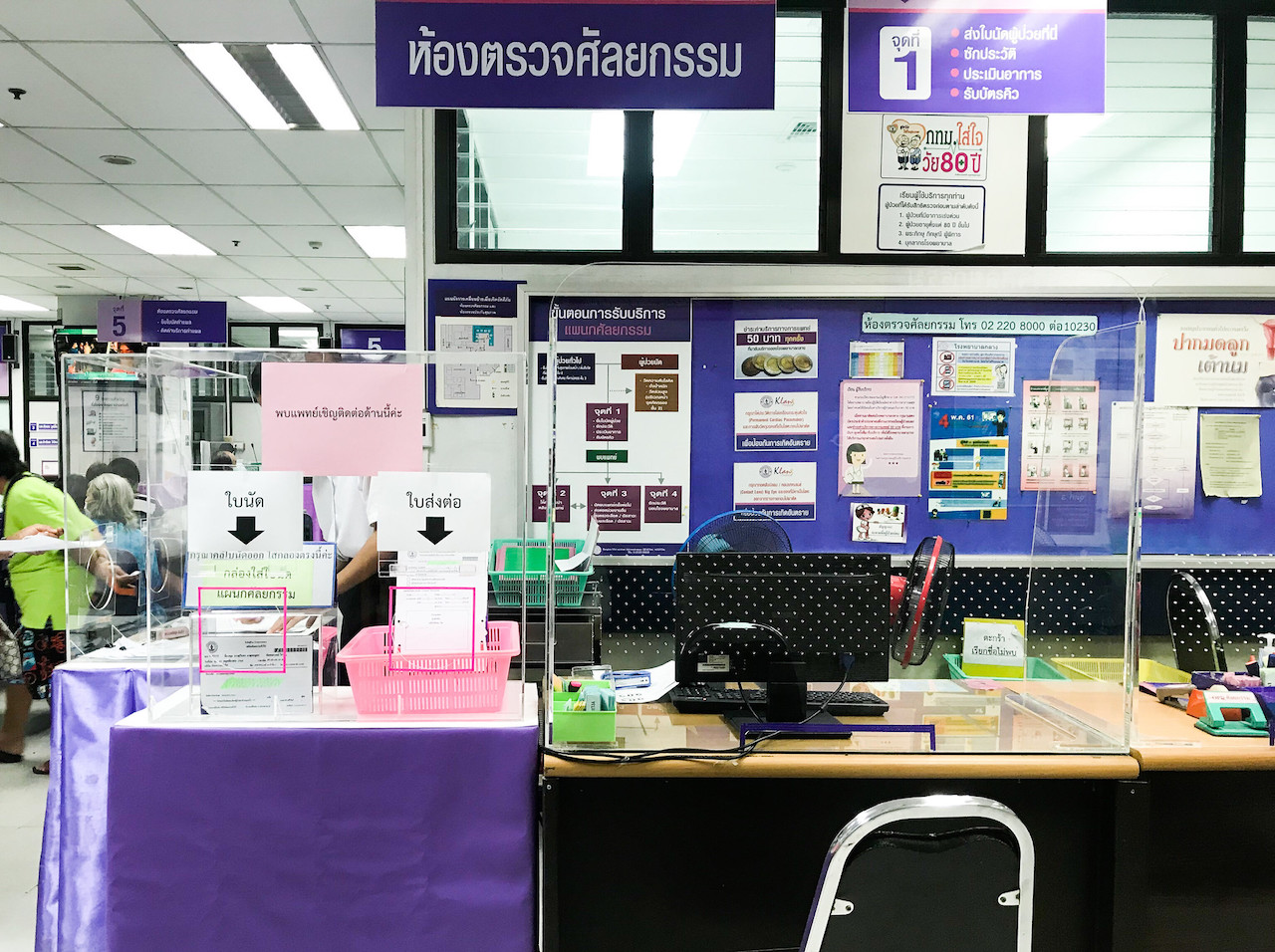Intrusive mobile ads can be annoying for many people. If a company tailors makes use of big data analytics to tailor the ads to the user, it can feel like an invasion of privacy, too.
When WeChat launched ads in user friend circles on January 25, some users of the Chinese messaging app were miffed by ads for car manufacturer BMW not because they found them intrusive or too tailor-made — but because they couldn’t see the ads at all. They accuse WeChat of discriminating against users with lower incomes by swapping the BMW ads for ones showing smartphones or Coca-Cola instead.
Many WeChat users’ resentment was in reaction to a viral message explaining the use of big data behind the tailored ads. The message was circulated online in image format:
They say the ads in WeChat friend circles are based on big data analytics by looking into the attribution of the language and photos used in the user’s friend circle. The technology involves artificial intelligence including semantic understanding of the words and graphic analysis. The so-called ads service is based on an experiment in artificial intelligence, which was developed inside [parent company] Tencent long ago. Here comes the answer [concerning the ads]: for those who have an annual income above one million yuan [approximately US $150,000] and can consume more, they receive BMW ads; for those who can afford a Xiao Mi [a local mobile brand], you get Vivo [a smart phone brand] ; and those who can’t even afford Xiao Mi or even Red Mi, you get the Coco Cola ads. Those who have the time to hang around in friend circles but can’t see any ads, the message from WeChat is: work hard if you don’t have money, don’t waste time refreshing your phone.
It is interesting to see Chinese netizens’ criticism of the use of big data in advertising as “discrimination” while their western counterparts have been vocal in their criticism of its potential to breach user privacy. In the case of China, all online activities are monitored. Within this virtual Panopticon, the prisoners can’t speak out against surveillance, but if they’re going to be watched anyway, they can at least demand equal treatment.
Read more: globalvoicesonline.org Written by Oiwan Lam






















+ There are no comments
Add yours